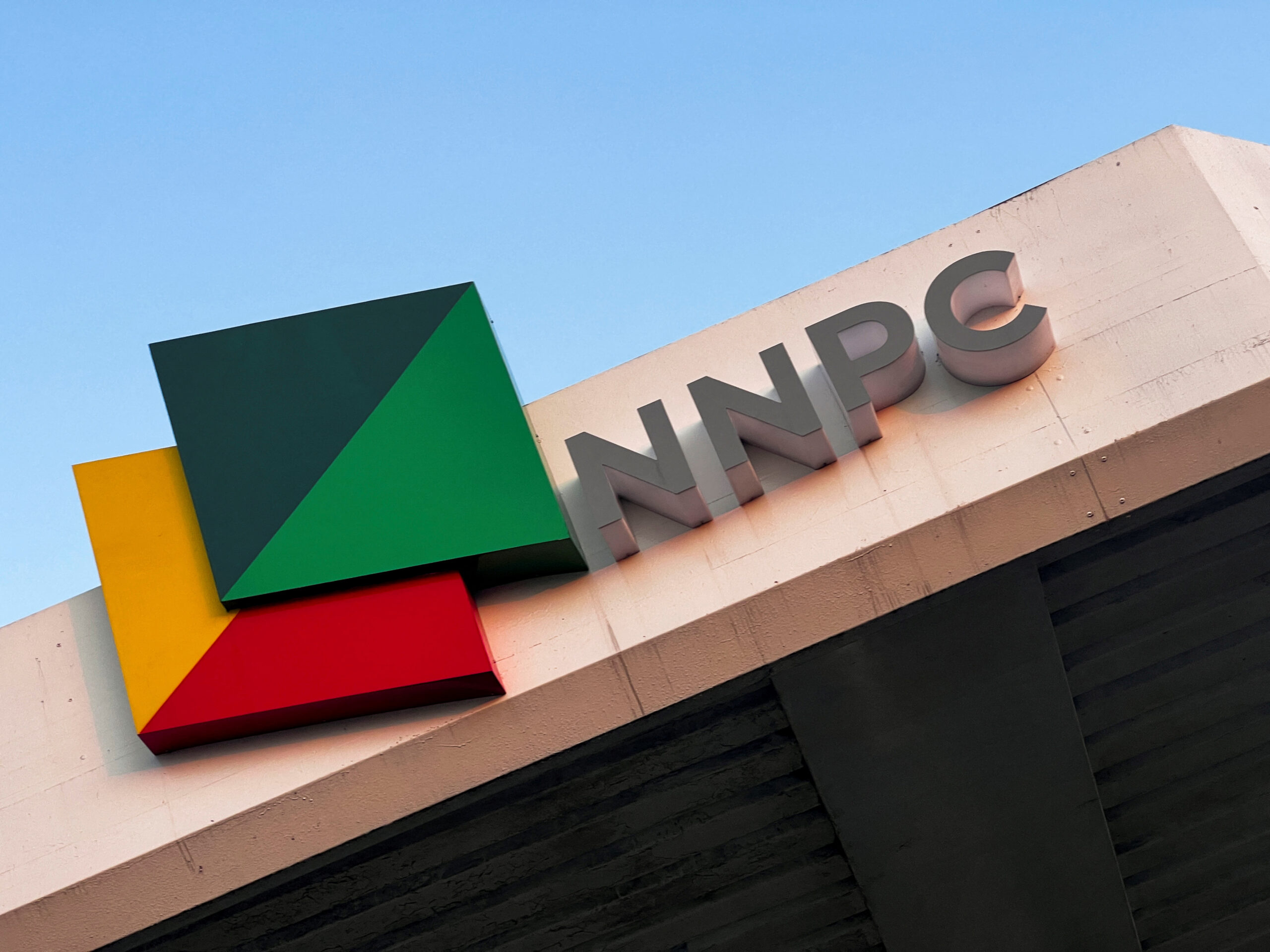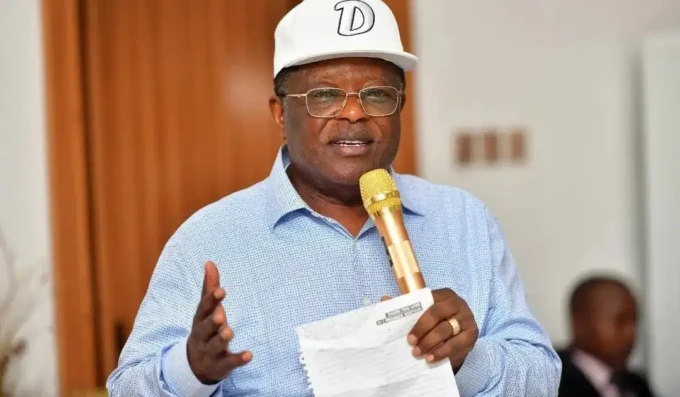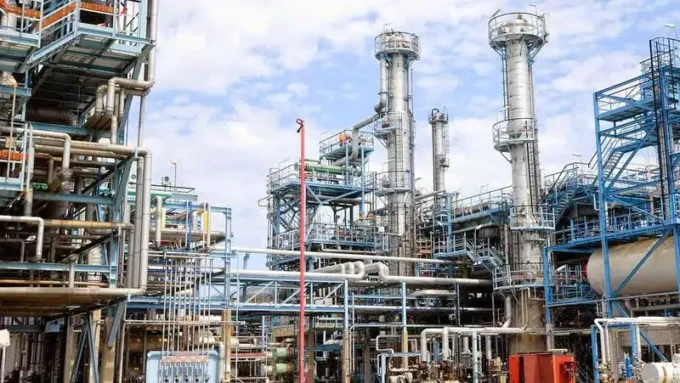In August 2025, President Donald Trump intensified his protectionist trade policies by imposing new tariffs on several major trading partners, including India, Brazil, and Switzerland. These tariffs, often linked to political actions unrelated to economics, such as judicial rulings or foreign policy stances have elicited strong reactions from the global community.
India, a significant trade partner, faced a 50% tariff on its exports to the U.S., a move attributed to its continued imports of Russian oil. Prime Minister Narendra Modi responded defiantly, pledging to protect India’s farmers, dairy producers, and fishermen, even at personal political cost.
The new tariffs have led to widespread disruptions, with Indian exporters reporting order cancellations and suspensions from U.S. buyers. The electronics sector, in particular, risks losing $20–30 billion due to tariff impacts, despite potential exemptions for major firms like Apple and Samsung. India’s government is working on a three-pronged strategy:
supporting affected exporters, diverting trade to alternate markets, and redirecting impacted exports to domestic consumption. However, halting Russian oil imports could raise India’s fuel bill by up to $12 billion.
The European Union, Japan, and South Korea secured partial tariff relief through last-minute negotiations.
European Commission President Ursula von der Leyen stated that the EU was “already finalizing a first package of countermeasures in response to tariffs on steel” and “we are now preparing for further countermeasures.”
China’s Commerce Ministry expressed firm opposition, stating it “will resolutely adopt countermeasures to safeguard its rights and interests,” emphasizing that “there is no winner in a trade war, and protectionism leads nowhere.”
Japanese Prime Minister Shigeru Ishiba questioned the uniform application of tariffs, noting that Japan was “putting all options on the table in considering the most effective response.”
Canadian Prime Minister Mark Carney vowed to protect workers, asserting, “In a crisis, it’s important to come together and it’s essential to act with purpose and with force.”
Swedish Prime Minister Ulf Kristersson expressed a desire to reverse these developments, stating, “I will continue to take every opportunity to reverse these developments.”
Swiss President Karin Keller-Sutter emphasized the importance of international law and free trade, noting, “Respect for international law and free trade are fundamental.”
Irish Prime Minister Micheál Martin called the tariffs on the EU “deeply regrettable,” emphasizing that tariffs benefit no one.
Italian Prime Minister Giorgia Meloni, a Trump ally, considered the tariffs a wrong approach and expressed a desire to work towards a deal with the United States to prevent a trade war.
Polish Prime Minister Donald Tusk highlighted the need for reciprocal tariffs, stating, “Friendship means partnership. Partnership means really and truly reciprocal tariffs. Adequate decisions are needed.”
Colombian Minister of Foreign Affairs Laura Sarabia noted that the move “reorganizes the rules of global trade” and that the country will look to continue to diversify market.
The global financial markets have also reacted to these developments. During the week ending August 6, 2025, global equity funds experienced their second consecutive week of outflows, driven by heightened risk aversion stemming from U.S. tariff announcements and signs of economic weakness in the U.S. economy. Investors pulled a net $7.82 billion from global equity funds, following nearly $30 billion in outflows the previous week. In contrast, money market funds attracted a robust $135.37 billion, marking their strongest weekly inflow since early January.
Concern over new steep tariffs imposed by the U.S. on exports from countries like Canada, Brazil, India, and Taiwan, as well as a disappointing July U.S. jobs report, prompted investors to seek safer assets. U.S. equity funds recorded $13.7 billion in net sales, while European and Asian equity funds saw modest inflows of $3.45 billion and $1.85 billion respectively.
Global bond funds saw strong interest, accumulating $20.98 billion in net inflows—especially short-term, euro-denominated, and high-yield bond funds. Sector-specific equity funds in communication services, industrials, and tech attracted inflows as well. Meanwhile, gold and precious metal commodity fund demand fell to an 11-week low, and emerging market bond funds continued to gain while equity fund investments declined.
The escalating trade tensions have also led to significant market volatility. On August 8, 2025, U.S. gold futures surged to a record high of $3,534 per troy ounce after the Trump administration abruptly imposed tariffs on one-kilo and 100-ounce gold bars.
This unexpected move by the U.S. Customs and Border Protection (CBP) shocked the global bullion market, upending prior assurances that gold would remain exempt from such duties.
The new tariff particularly affects Switzerland—the world’s top gold exporter—and adds strain to already tense U.S.-Swiss trade relations.
The ruling caused a sharp premium of over $100 between Comex futures and global spot prices, disrupting standard hedging practices and casting doubt on New York’s role as the leading global gold futures hub.
Market participants are scrambling to adapt, and some experts speculate the CBP may have erred in its classification. Despite heightened volatility from the policy change, gold continues to rise due to broader economic concerns, including inflation and public debt.
These developments underscore the complex and far-reaching implications of President Trump’s new tariffs, affecting not only bilateral trade relations but also global financial markets and economic stability.












I cant believe some countries are supporting Trumps tariffs! Whats up with that? Are they trying to start a trade war or what?
Can we really blame Trump for trying to protect American industries, or is he just stirring up unnecessary global drama?
I think Trumps tariffs are causing chaos globally. Why cant he just chill and not mess with everyones economy?
Is Trumps tariff strategy a bold move or a reckless one? Lets discuss and dissect the global impact together!
I cant believe some countries support Trumps tariffs. Who knew trade wars could be so controversial? Crazy world!
I cant believe some countries are supporting Trumps tariffs! What do you guys think about this madness? Lets discuss!
I cant believe how divided people are on Trumps tariffs. Makes me wonder if theres a middle ground somewhere.
I cant believe the mixed reactions to the tariffs! Do you think itll actually help or hurt the economy? Lets discuss!
I cant believe how divided people are on Trumps tariffs. Some love it, some hate it. What do you guys think? #TariffTalks